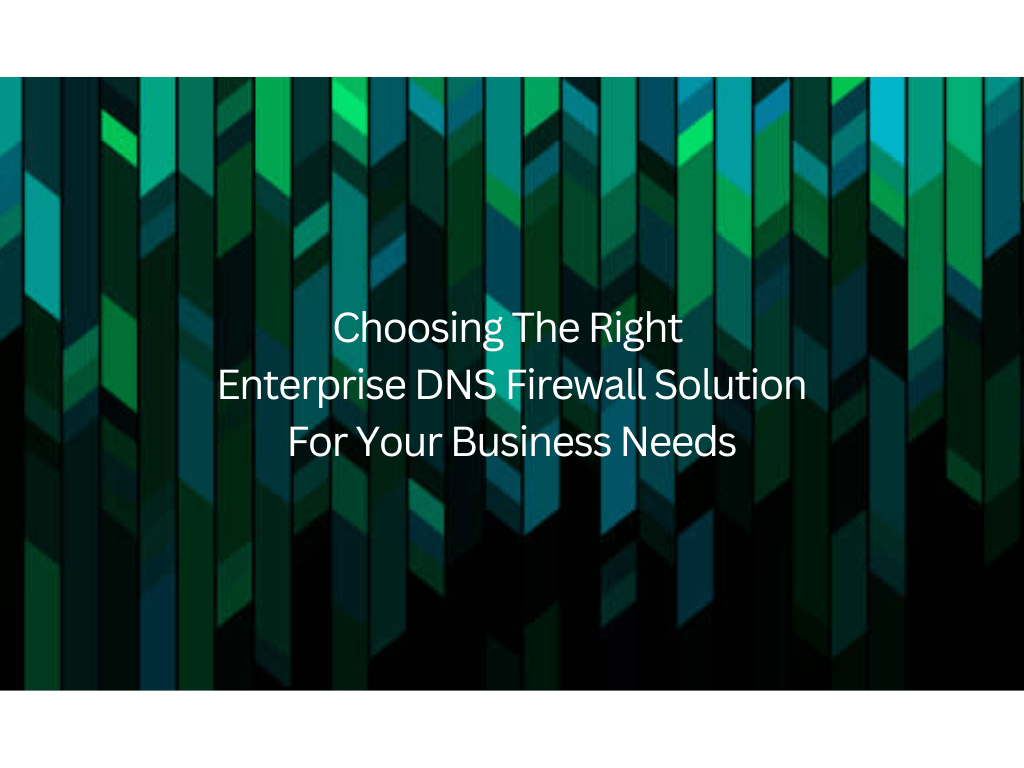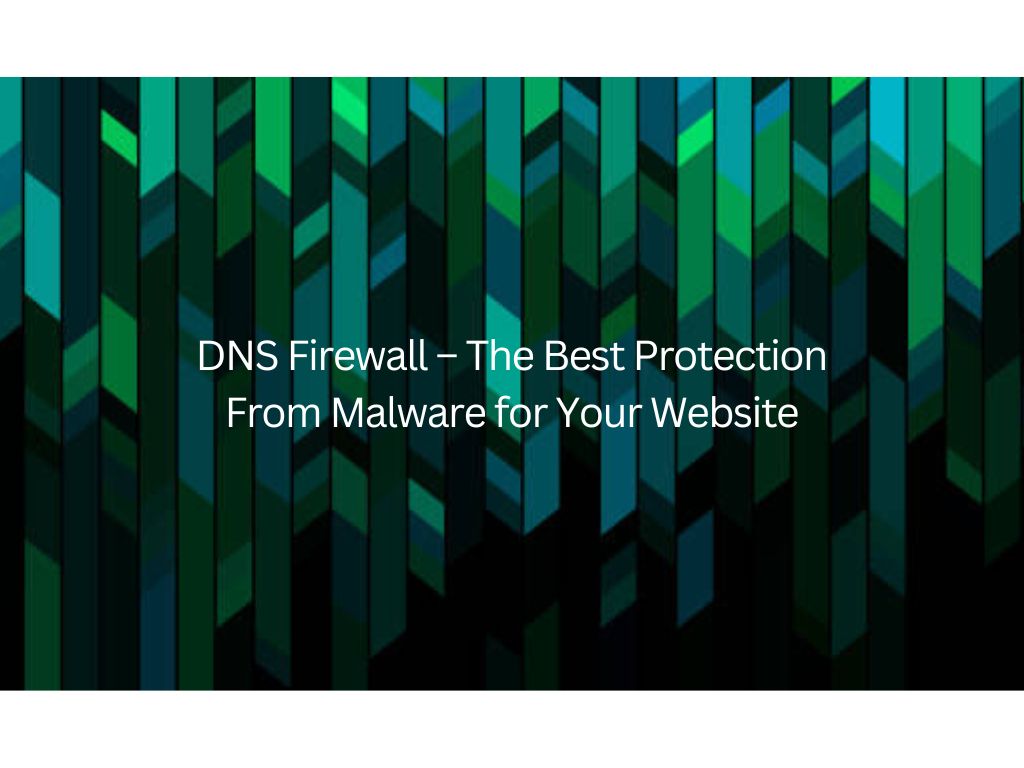As cyber threats continue to evolve and become more sophisticated, businesses must take proactive measures to protect their networks and data. One of the most critical security components is DNS security. DNS (Domain Name System) is a protocol that translates domain names into IP addresses and vice versa. DNS attacks can lead to data breaches, network downtime, and other serious security consequences. An enterprise DNS firewall solution can help protect against these attacks. However, with so many options available, it can be challenging to choose the right solution for your business needs. In this article, we will explore how to choose the right enterprise DNS firewall solution for your business needs.
- Identify Your Business Needs
Before choosing an enterprise DNS firewall solution, you must identify your business needs. This includes understanding your network infrastructure, the number of users and devices, and the types of applications and services your business uses. You should also identify any regulatory requirements that apply to your business. This information will help you determine the features and capabilities you need in an enterprise DNS firewall solution.
- Evaluate Features and Capabilities
Once you have identified your business needs, you can begin evaluating the features and capabilities of different enterprise DNS firewall solutions. Some essential features to look for include:
- DNS Filtering: This feature blocks access to malicious domains and IP addresses.
- Malware Protection: This feature identifies and blocks malware from entering your network.
- Content Filtering: This feature blocks access to inappropriate websites and content.
- Threat Intelligence: This feature uses machine learning and artificial intelligence to identify and block new and emerging threats.
- Reporting and Analytics: This feature provides real-time visibility into your network and helps you identify security incidents.
- Consider Integration with Other Security Solutions
It’s important to consider how the enterprise DNS firewall solution will integrate with other security solutions you have in place. Integration with SIEM (Security Information and Event Management) systems and other security tools can provide a more comprehensive security posture and help identify and respond to security incidents more quickly.
- Determine Deployment Options
There are two main deployment options for enterprise DNS firewall solutions: on-premises and cloud-based. On-premises solutions are installed and run on your own hardware and infrastructure, while cloud-based solutions are hosted and managed by a third-party provider. Consider the advantages and disadvantages of each option and choose the one that best fits your business needs.
- Evaluate Vendor Support and Service Level Agreements (SLAs)
When evaluating enterprise DNS firewall solution vendors, it’s essential to consider their support and SLAs. Look for a vendor that offers 24/7 support and has a proven track record of resolving issues quickly. Additionally, review the SLAs to ensure they meet your business needs and provide adequate coverage.
- Test the Solution
Before making a final decision, it’s essential to test the enterprise DNS firewall solution. Consider implementing a proof-of-concept or pilot program to evaluate the solution’s effectiveness and determine if it meets your business needs.
- Consider Total Cost of Ownership (TCO)
Finally, it’s important to consider the total cost of ownership (TCO) of the enterprise DNS firewall solution. This includes not only the initial purchase cost but also ongoing maintenance, support, and licensing fees. Choose a solution that provides the best value for your business needs.
In conclusion, choosing the right enterprise DNS firewall solution for your business needs requires careful evaluation of features and capabilities, integration with other security solutions, deployment options, vendor support and SLAs, testing, and total cost of ownership. By following these guidelines, you can select a solution that provides robust and effective DNS security for your business.

